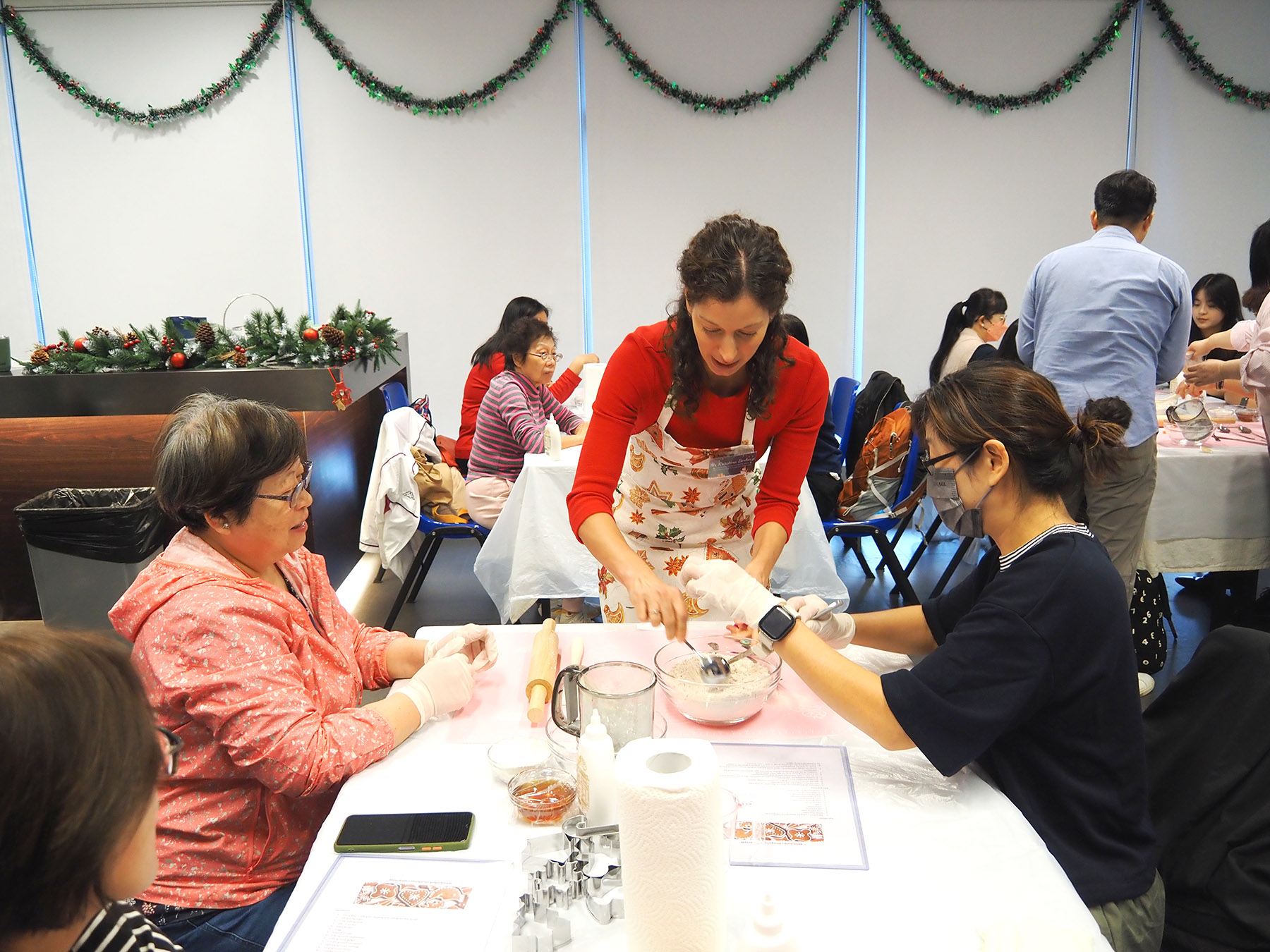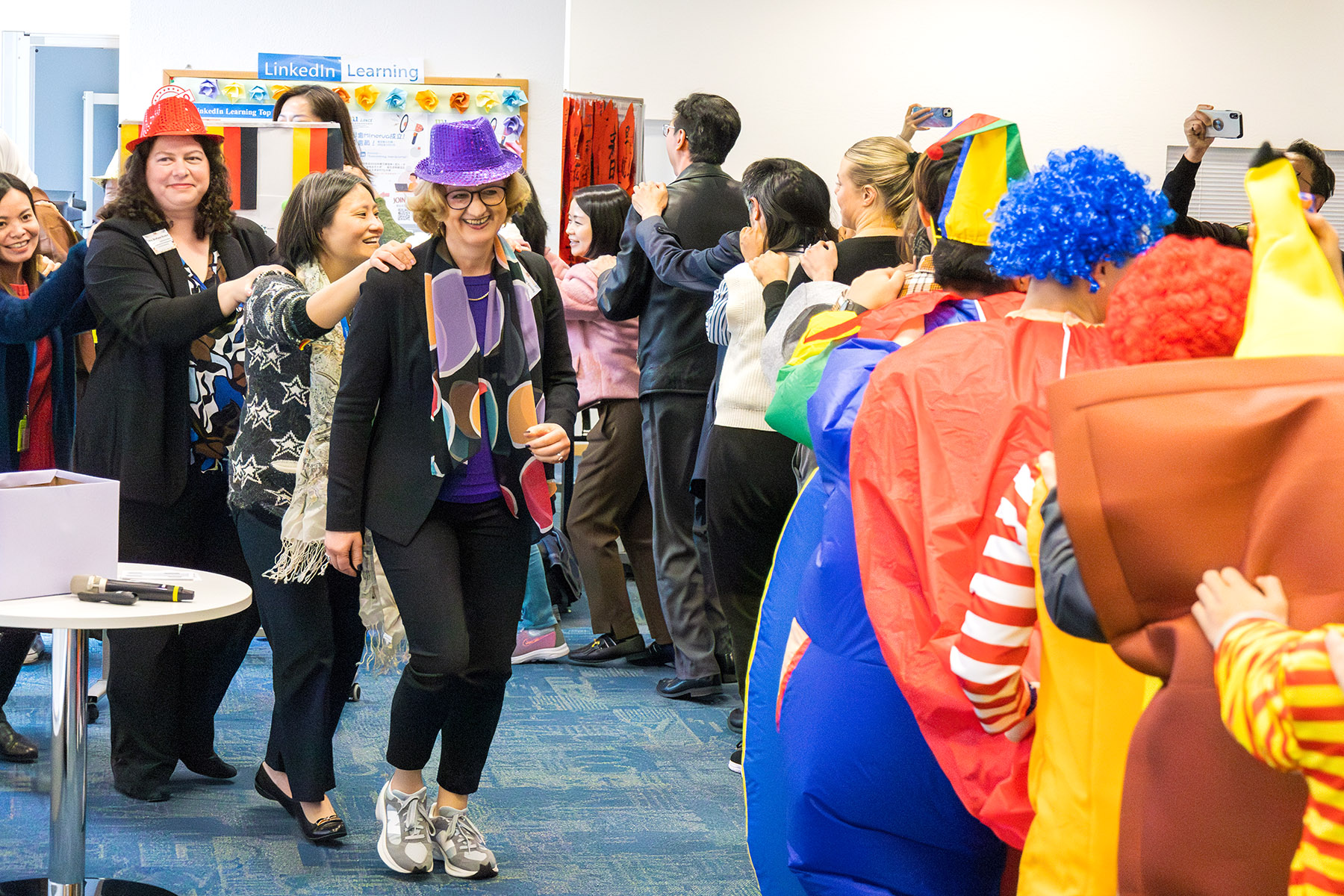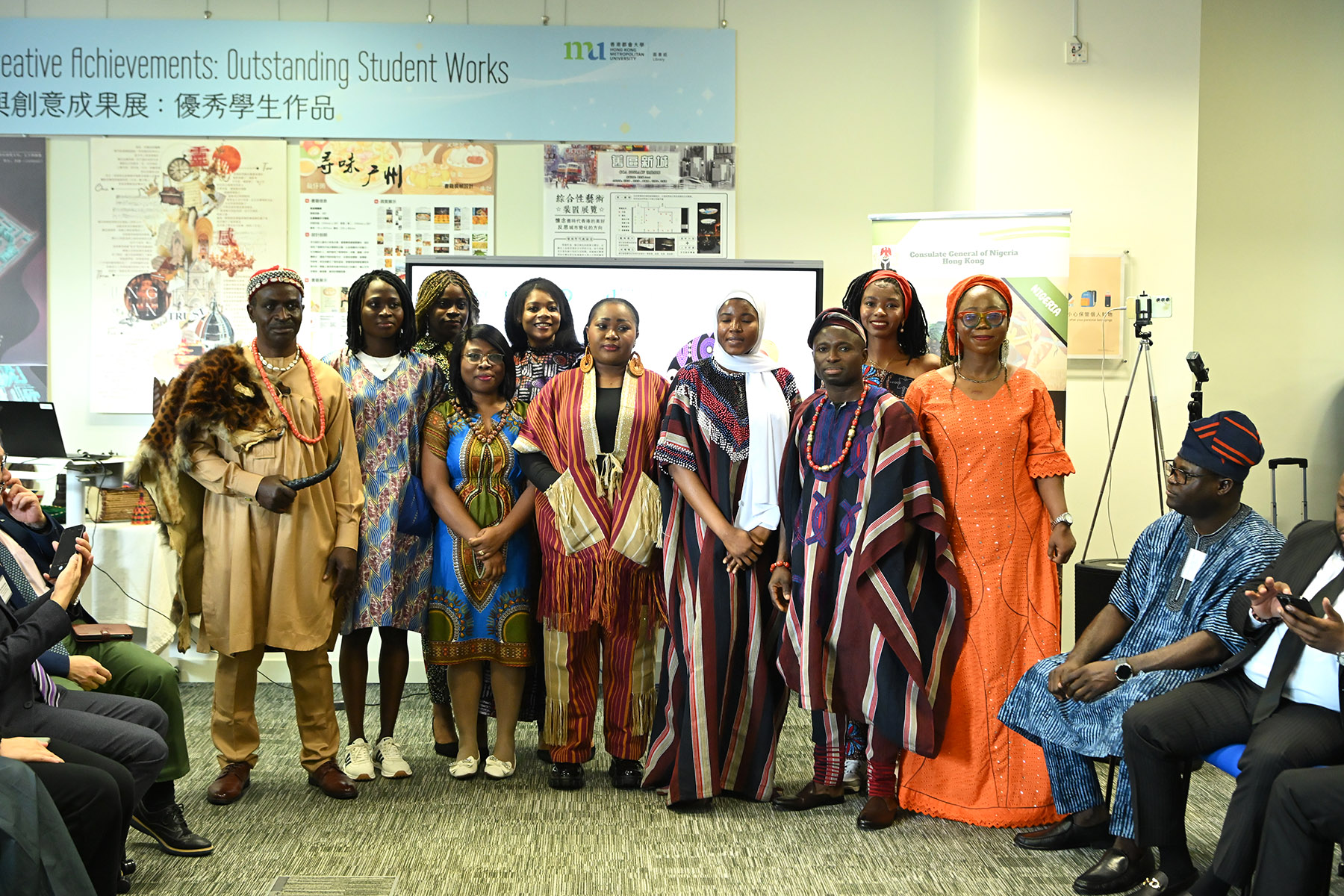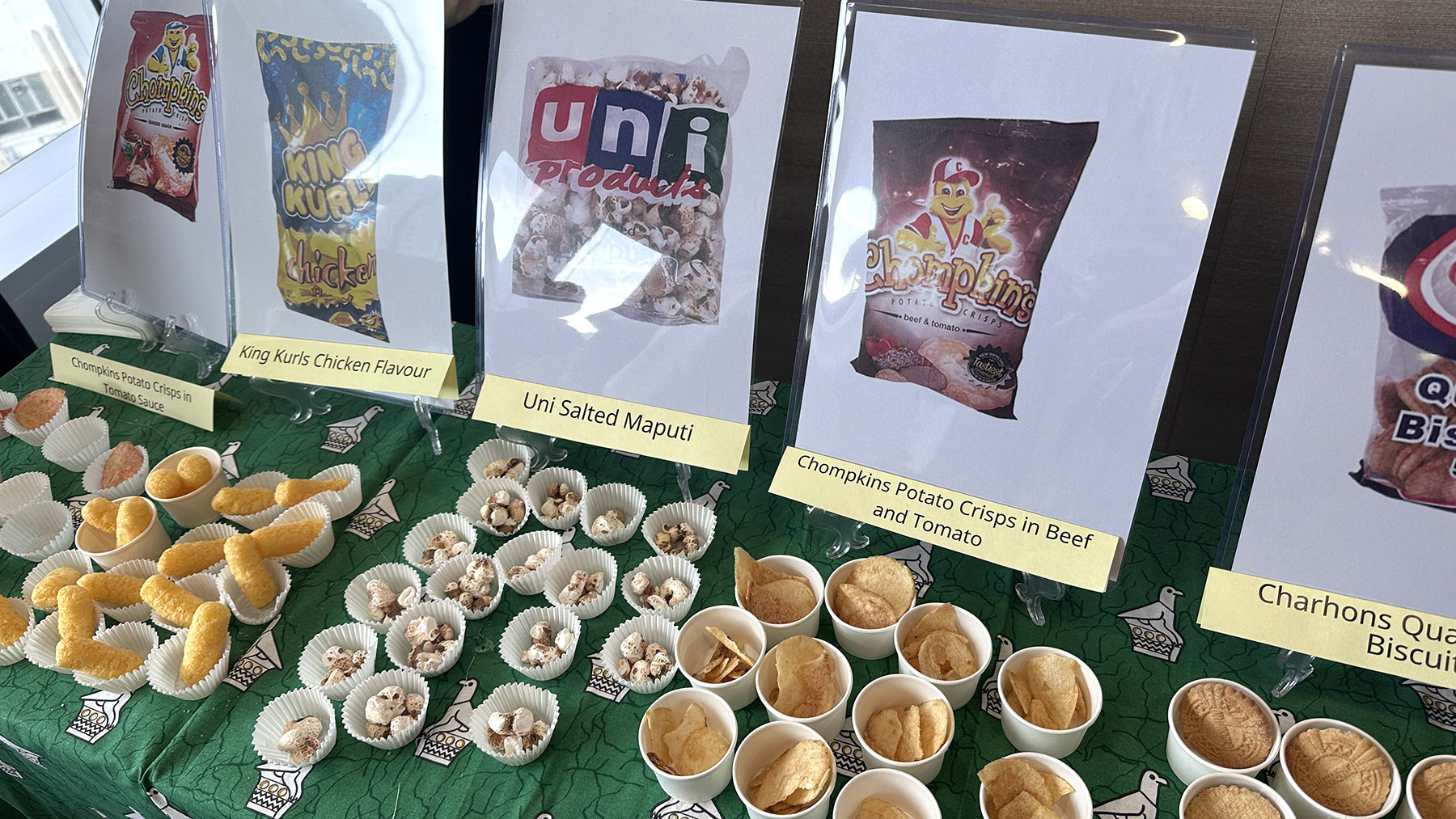Keen to contribute to developing Hong Kong as an East-West hub of cultural exchange, a local university has played host to nine country-themed festivals over the past year. Faye Bradley reports.

In February, the Hong Kong Metropolitan University’s Li Ka Shing School of Professional and Continuing Education (HKMU LiPACE) teamed up with the city’s German Consulate to celebrate Karneval — the German counterpart of the Chinese Spring Festival.
Karneval is one in a steadily expanding series of country-themed cultural festivals hosted by HKMU LiPACE, aimed at broadening students’ horizons by introducing them to a diversity of cultures through immersive, on-campus experiences.
Benjamin Chan Tak-yuen, dean at HKMU LiPACE, says the school began reaching out to Hong Kong’s foreign consulates in 2015 and so far has actively collaborated with around 15 of them toward showcasing their national cultures on the university campus. Over the past year alone, the school has hosted nine such country-themed cultural festivals.
READ MORE: HK’s first Nepal Fest serves a musical feast
While Hong Kong is no stranger to country-themed cultural festivals — the annual French May (see sidebar) was launched in 1993 — HKMU LiPACE aims to give its students a taste of cultures that are less familiar.
Last October the school held an event showcasing Zimbabwean culture, followed by I am Dreaming of a Hungarian Christmas just before the Christmas holidays. March saw a celebration of Nigeria.

At the Zimbabwean event, Tanganda tea was served with Fat Cooks, a dish resembling donuts and eaten widely for breakfast in Zimbabwe and South Africa. Desmond Makosa, the consul of tourism and culture at the Consulate General of Zimbabwe in Hong Kong, addressed the students, introducing them to typical food items from Zimbabwe, such as tea made from Zumbani leaves and blueberries.
“These events are among ongoing endeavors by HKMU LiPACE to cultivate international partnerships and promote cultural exchange, creating synergies that will benefit not only students but also the broader communities at both ends,” says Ellias Mutamba, consul general of Zimbabwe in Hong Kong. “By working together, in the spirit of cooperation and friendship, we can build sustainable cooperation for the mutual benefit of both parties.”
The Nigerian event in March was designed as a showcase of traditional attire and accessories worn by people from ethnic groups such as the Hausa, Yoruba, Igbo, Fulani, Tiv and Urhobo.
Oludare E Folowosele, consul general of the Federal Republic of Nigeria in Hong Kong, is hopeful of “the event opening doors for both Hong Kong and Nigerian businesses”. He also believes that the cultural showcase, which included sampling of Nigerian cuisine, “has brought Nigeria closer to Hong Kong and could have opened doors for future collaborations”.

Hungarian Christmas
Krisztina Berkeszi, who is in charge of cultural, educational, and sports affairs at the Consulate General of Hungary in Hong Kong, and Zoltán Páldi, consul and trade commissioner at the same consulate, played major roles in designing HKMU LiPACE’s Christmas-themed event.
“Everything was very carefully curated, and as a result we could showcase a big slice of Hungary’s rich culture, covering both its better-known elements such as our Christmas markets and the dishes we consume during this festive period, as well as some of our unique folk traditions that are maybe a bit less known on the international level,” Berkeszi says.
Páldi adds that a good time was had by all at the I am Dreaming of a Hungarian Christmas event. “The children decorated the Christmas tree, students and professionals could attend a presentation about unique Hungarian Christmas traditions, and the elderly had the opportunity to join a baking workshop,” he says. “Events like this definitely help the consulate’s mission of gaining more visibility for Hungary here in Hong Kong.”
On his part, Chan is delighted with the enthusiasm displayed by Berkeszi and Páldi. “We were amazed by the commitment of some of our partners. Some consular staff even did the baking themselves so that our students could savor some of their national dishes,” he says.

School for good
Most Hong Kong universities today, much like the top-ranking ones elsewhere, are keen on playing a public role that goes beyond teaching and research. Many of them serve as centers of knowledge exchange and community engagement, and hence are well-positioned to serve as catalysts for cultural exchange.
Chan says that Hong Kong students cultivating an international outlook could, in turn, attract students from elsewhere, “which would benefit Hong Kong’s economy and add to cultural diversity on campus”, raising Hong Kong’s stock as an international destination for higher education.
ALSO READ: Darling buds of French May
Alluding to the local government’s mission to develop Hong Kong as a hub of East-West cultural exchange, Chan says that the onus lies as much on the education sector as the creative industries to achieve such a goal. He adds that Hong Kong universities are equipped to inspire people — both at home and overseas — to view the city as an inclusive, multicultural society. “Universities serving as agents of promoting cultural exchanges can contribute actively to realizing such a policy goal,” he says.


